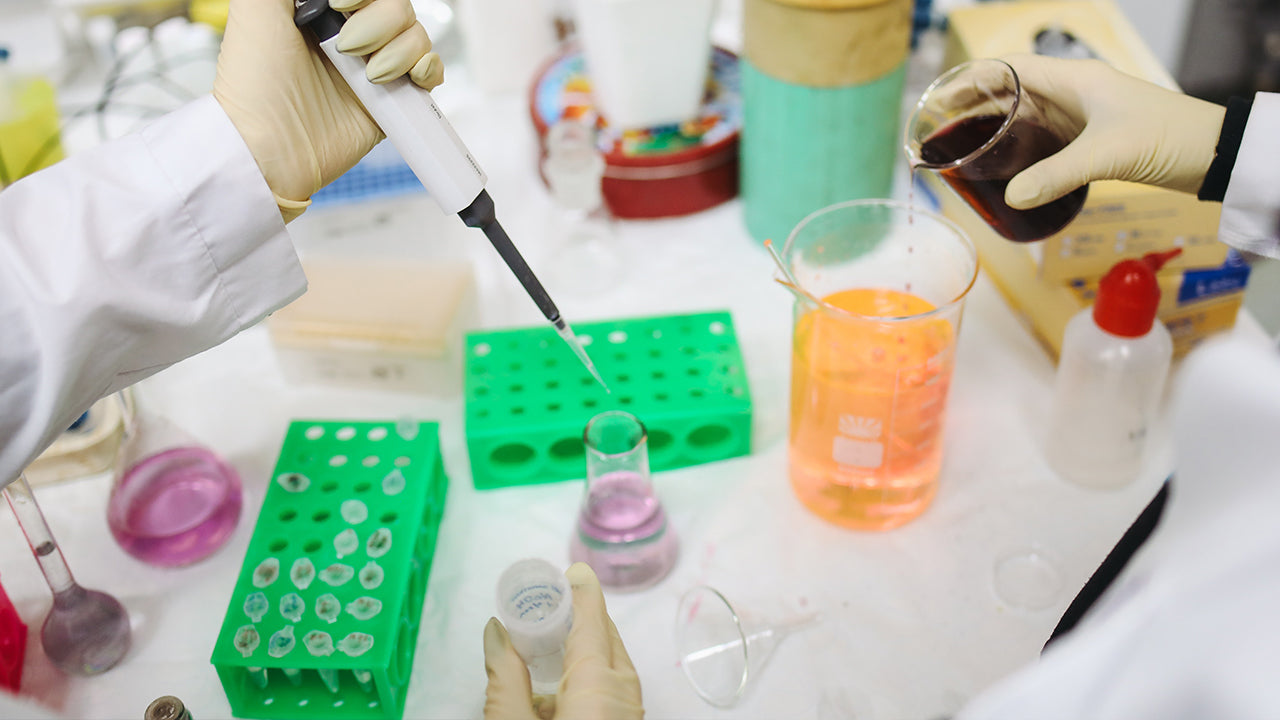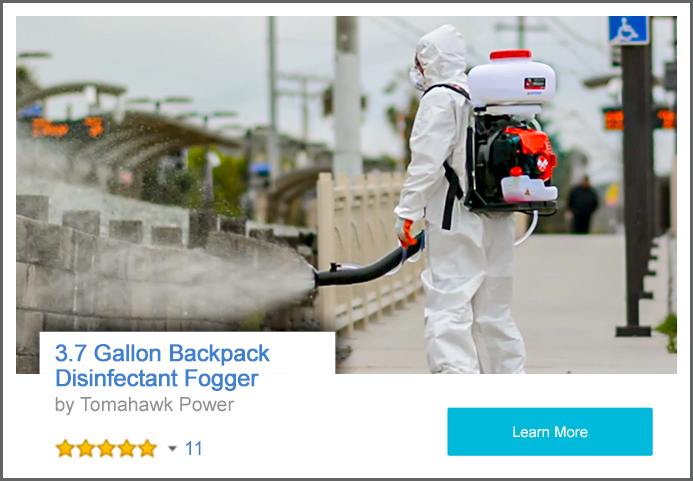The spread of Coronavirus, also known as COVID-19, is moving fast and there are new developments each day. There are many debates on its impact on people worldwide that are infected and how it is spreading. Keep yourself up to date, with the newest reports, data, and announcements.
Affected Regions in the United States
Cases of coronavirus can be found in more than 15 states in the Unites States, where the state and local public health labs and agencies have performed tests for the novel coronavirus. Here is a list of the affected regions in the United States:
- Washington State
- Illinois
- New Hampshire
- Rhode Island
- California
- Oregon
- Florida
- New York
- Massachusetts
- Arizona
- Wisconsin
- Texas
How Many Cases Have Come Up in the United States?
How is COVID-19 Being Taken Care of?
Different platforms and organisations such as the World Health Organisation and local public health authorities have made it a point to provide people with all the latest information on the outbreak of COVID-19. These platforms have released guides and scientific analysis, which have been fact-checked from verified sources, in order to teach people how to protect themselves from getting susceptible to the virus.
How Can I Protect Myself?
The COVID-19, which has a high RO factor in comparison to Middle East respiratory syndrome coronavirus virus and Severe acute respiratory syndrome coronavirus, has the tendency to spread faster and take up time in showing up in a medical scan. No vaccines have yet been discovered to help prevent or cure the disease. However, in order to protect oneself from getting exposed to the symptoms of the virus, such methods should be practised:
- Maintaining good personal hygiene and encouraging others to do the same.
- Washing hands with an alcohol-based soap and water for at least 20 seconds.
- Wearing a face mask to open public spaces and always carrying one in a bag or a pouch.
- Avoid constantly touching the face.
- Using a sanitizer to disinfect
- Avoid consumption of raw or undercooked meat or poultry.
- Keeping away from live animal markets or stray animals.
- Keeping the mouth closed while coughing or sneezing.
- Using a tissue to wipe face, nose and mouth and immediately throwing the used tissue in the bin.
- Avoiding close contact with anybody facing flu-like symptoms.
- Using a cleanser or a disinfectant sprayer to fumigate household items.
Should I See a Doctor?
There are various symptoms associated with the coronavirus disease and a person is advised to seek medical supervision in case they experience any of it for a prolonged period of time:
- Breathing difficulties
- Constant headache
- Fever and chills
- Cold nose and cough
- Extreme sore throat
- Rapid heartbeat
- Pneumonia
- Chest pain
- Other respiratory infections.
The simplest measures make a difference and aid in prevention, so make sure you and the people around you take them. Stay safe!











